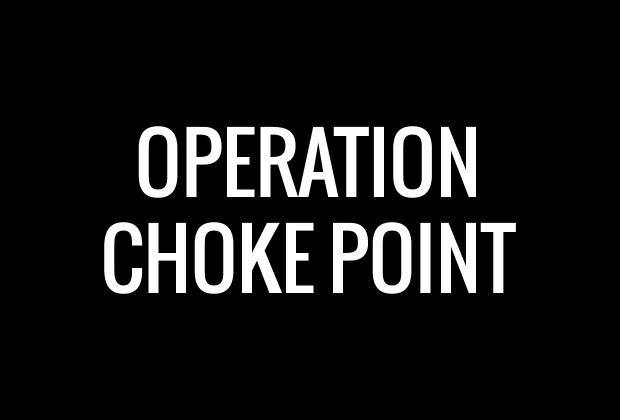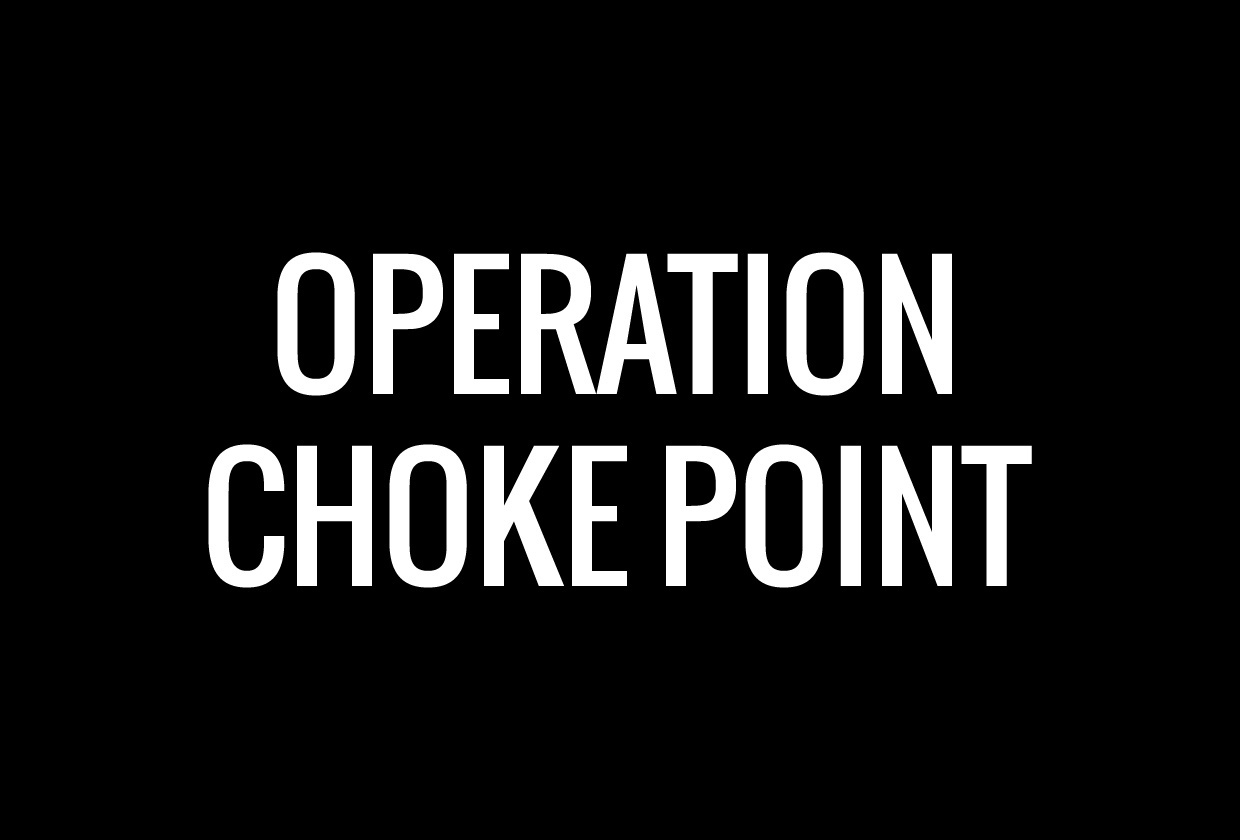Earlier this week, U.S. Rep. Blaine Luetkemeyer, R-Mo., introduced another piece of legislation in an attempt to combat Operation Choke Point, the program that has been targeting a number of businesses including tobacco retailers in an attempt to deny them access to banking services.
H.R. 5758, known as the Financial Institution Customer Protection Act, requires federal banking agencies to put in writing any suggestion or order to terminate a customer’s banking account. The bill dictates that agencies such as the Federal Deposit Insurance Corporation (FDIC) and the Federal Reserve cannot request or order a financial institution to terminate a banking relationship unless the regulator has material reason.
Additionally, it requires the federal banking agencies to issue a rule defining the term “reputation risk” and strikes the word “affecting” in the Financial Institutions Reform, Recovery, and Enforcement Act (FIRREA), replacing it with “by” or “against.” This change is to ensure that the Department of Justice’s (DOJ) broad interpretations of the law are limited and the original intent of the statue is restored.
On his webpage, Rep. Leutekemeyer said that:
This legislation is straightforward by stating that federal banking agencies must put in writing any suggestion to terminate a customer’s banking account and by requiring agencies to define terms by which they regularly use in the examination process, and by returning the powers vested in FIRREA to their original purpose,” Luetkemeyer said. “After receiving letters from the FDIC and DOJ just last week, stating the agencies own internal investigatory departments will investigate Operation Choke Point activities within their agencies, I am even more positive that with the introduction of this legislation, Congress will be able to work in a bipartisan fashion to quickly put an end to this program.
It is the second piece of legislation introduced this year by Luetkemeyer; on June 26 he brought H.R. 4986 to the floor, known as the End Operation Choke Point Act of 2014. That bill currently sits in hearings with the Subcommittee on Financial Institutions and Consumer Credit.


